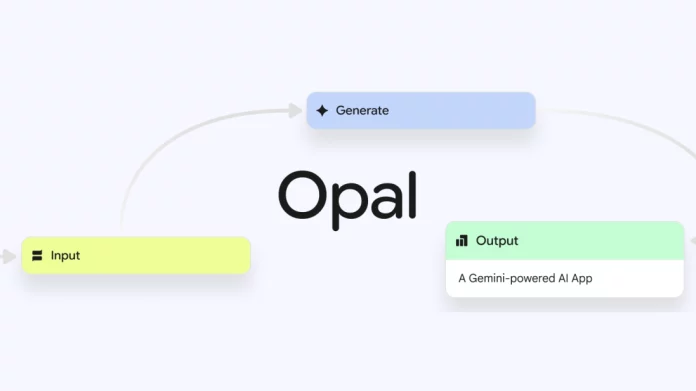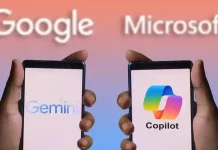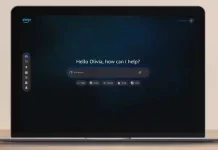Google is rolling out its AI-powered app builder, Opal, to 15 new countries, significantly expanding its global reach. The tool, which allows users to create mini web apps from text prompts, is now available in Canada, India, Japan, South Korea, Vietnam, Indonesia, Brazil, Singapore, Colombia, El Salvador, Costa Rica, Panamá, Honduras, Argentina, and Pakistan.
“When we launched Opal in the U.S., we expected people would make simple, fun tools,” said Megan Li, senior product manager at Google Labs, in a blog post. “What we saw instead was an explosion of sophisticated, practical, and creative Opal apps. The ingenuity of early adopters made one thing clear: we needed to put Opal in the hands of more creators worldwide.”
How Opal Works
Opal transforms a plain description into a functioning mini app using a combination of Google’s AI models. Once an app is generated, users can access the editor panel to view and refine the visual workflow of inputs, outputs, and generation steps. Each step can be reviewed, edited, or expanded manually via a toolbar. Finished apps can be published online and shared via link, allowing others to test them through their Google accounts.
New Features and Improvements
Alongside the geographic expansion, Google is enhancing Opal’s capabilities:
- Improved debugging without code – The debugging tool remains fully no-code, but users can now run workflows
step-by-step in the visual editor or tweak specific steps in the console. Errors appear exactly where they
occur, offering immediate context to speed up troubleshooting. - Faster app creation – The time to generate a new Opal app has been cut significantly — from over five seconds in
some cases to a near-instant launch. - Parallel step execution – Users can now execute multiple steps at once, enabling faster and more complex
workflows.
Competitive Landscape
With its U.S. debut in July, Opal joined a growing wave of no-code AI-powered app design tools, competing with platforms like Canva, Figma, and Replit. These services are increasingly targeting nontechnical creators, giving them the ability to quickly prototype and share apps without writing a single line of code.





